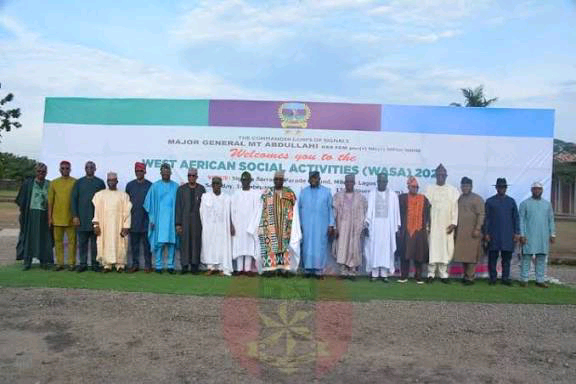Court Orders Final Forfeiture of N1.3 Billion Stephen from Sterling Bank to FG for the Bank

A Federal High Court sitting in Ikoyi, Lagos, has ordered the final forfeiture of N1,292,798,746.81 (One Billion, Two Hundred and Ninety-two Million, Seven Hundred and Ninety-eight Thousand, Seven Hundred and Forty-six Naira, Eighty-one Kobo) to the Federal Government of Nigeria in favour of Sterling Bank Plc.
The money was stolen from the bank due to a system glitch and was traced to various accounts belonging to several individuals.
According to court documents, the Economic and Financial Crimes Commission (EFCC) had received a petition from Sterling Bank Plc alleging a N2.5bn theft. After conducting an investigation, the Commission identified and traced the stolen funds to various accounts, including those belonging to M Sharif Inter-Trading and Marketing Company Ltd, Mustapha Abubakar, and Mustapha Sharif Abubakar.
The accounts, which were domiciled in various banks, including UBA, Jaiz Bank, First Bank, and Sterling Bank, contained the following amounts: N900,000,000, N255,872,842.84, N12,195,093, N41,119,917.13, N19,069,567.73, and N30,850,158.12, respectively.
The EFCC, through its counsel, Hannatu U. KofarNaisa, had filed a motion on notice dated January 8, 2025, seeking the final forfeiture of the funds.
The court had earlier granted an interim forfeiture order on March 12, 2025, and directed the publication of the order in a national newspaper to allow any interested party to show cause why the money should not be finally forfeited to the Federal Government.
On Wednesday, Justice D.I. Dipeolu granted the final forfeiture order, stating that the application was “meritorious” and that the court had found the submissions by the EFCC’s counsel to be convincing.
The Judge held that “having gone through the motion and attachments, I find the application meritorious and same is accordingly granted.”
The final forfeiture order is a significant victory for Sterling Bank Plc and the Federal Government of Nigeria, and is seen as a major blow to those who engage in cybercrime and financial fraud.
The EFCC has hailed the ruling as a testament to its commitment to fighting corruption and recovering stolen assets.
The ruling is also seen as a warning to banks and financial institutions to strengthen their security measures to prevent similar incidents in the future. Sterling Bank Plc has stated that it is working to improve its systems and processes to prevent such incidents from occurring again.
The case is a significant one, and its outcome is expected to have far-reaching implications for the banking industry and the fight against financial crime in Nigeria. As the country continues to grapple with the challenges of corruption and economic crime, the ruling is a welcome development and a reminder that those who engage in such activities will be held accountable.









